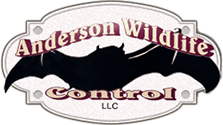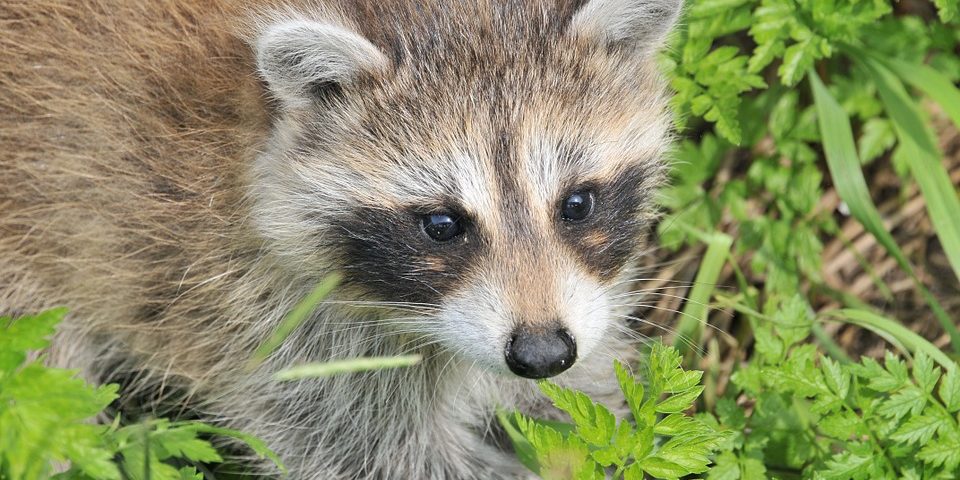Female raccoons give birth in late spring to litters that usually include two to five kits. Baby raccoons are unable to open their eyes until the age of three weeks and are dependent on their mothers for their first year of life. When mother raccoons seek shelter for themselves and their kits, they often choose places such as chimneys, attics, and sheds. This can lead to conflicts with homeowners if they encounter raccoons unexpectedly and frighten them or if raccoons cause property damage.
Why You Should Be Cautious around Baby Raccoons
Kits are small and may appear cute, but they can be dangerous to humans. They can carry a variety of diseases, including rabies, and can bite or scratch. An innocent attempt to help a young raccoon can be perceived as a threat and a seemingly adorable baby can quickly become ferocious.
If you see baby raccoons without their mother in your yard, leave them alone, as long as they don’t appear sick or injured. Their mother is most likely looking for food or perhaps scouring the area for a new den. She will probably return soon. If she sees you near her kits, she might consider you a threat and attack you.
How to Keep Raccoons Away
Raccoons are opportunistic animals. They choose locations to live because food and shelter are readily available. The best way to keep raccoons out of your home and yard is to make the area unappealing.
Don’t make food available to raccoons. Put out your trash as close to collection time as possible. Place the bags in metal cans and weigh down the lids or secure them with bungee cords so raccoons can’t dig through them searching for food and make a mess. Don’t leave food for your pets or stray animals outdoors.
Have your home inspected for possible entry points that raccoons could use to enter the attic. If any openings are found, have them sealed to keep raccoons out. If you don’t use your fireplace, have the chimney capped.
What to Do If Raccoons Are Already Living in Your House
If you notice unusual sounds coming from your attic or chimney, see the damage caused by chewing and scratching, or see or smell waste, it is possible that raccoons have chosen your home as a den site. They should be removed to avoid injuries to your family or pets, as well as property damage, but you shouldn’t try to do this yourself. There is a good chance that you could get injured and possibly contract an illness.
Call Anderson Wildlife Control. We have the training and experience to live-trap and remove raccoons safely, to repair any damage they have caused, and to seal off entry points to keep them and other animals from getting into your Connecticut house in the future. Contact us today to get an estimate for raccoon removal.







